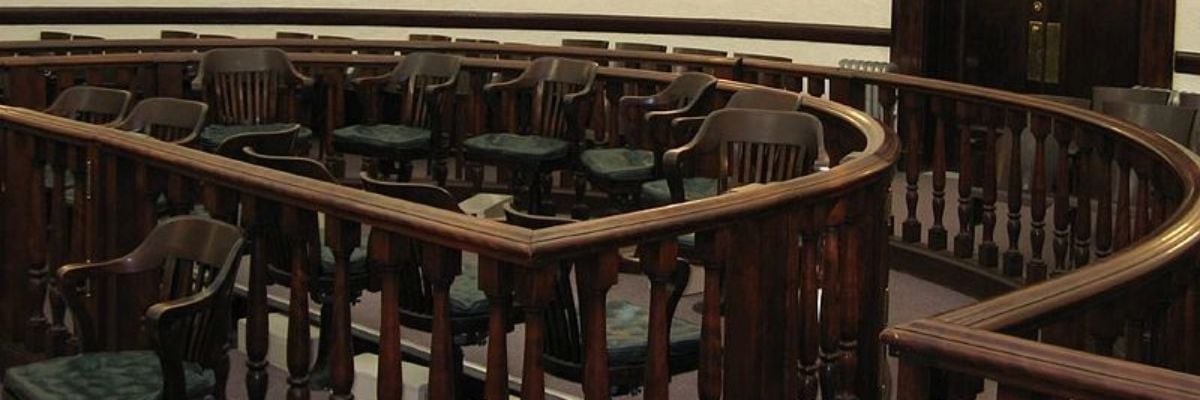
I recently received a jury summons in the mail. As a citizen of the United States, serving on a jury is a civic duty. U.S. Code Title 28, Part V, Chapter 121 § 1861 states that all citizens have “an obligation to serve as jurors when summoned for that purpose”.
Commonly, the role of a juror is to decide whether or not a defendant’s conduct has been acceptable under the law. In other words, a juror must judge a defendant’s behavior. Every citizen has the obligation to do this. While many people may find excuses to get out of jury duty, everyone recognizes the necessity of jurors judging their peers’ behavior according to the law of the land.
Of course, there is a higher law than the civil law handed on by legislators: God’s law handed on by the Church. Civil law is primarily concerned with temporal matters, God’s law with the eternal. This being the case, since it is important to judge behavior under civil law, it must be immeasurably more important to judge behavior under God’s law. Why is it then, when it comes to the eternally significant laws of God, that so many Christians—even Catholics—shirk their responsibilities?
There is a nonsensical disconnect in this. People judge their peers’ behavior under civil law where a defendant’s temporal freedoms may be curtailed but when it comes to the potential loss of eternal life—what really matters most—they refuse to judge. (Actually, they unwittingly judge that the behavior of judging behavior is wrong!)
For example, during a recent exchange concerning homosexuality, I was berated by a Catholic woman who supported her cousin’s same-sex relationship. I judged, as the Church does, that her cousin’s behavior was immoral and that it should not be supported. I was labeled a bigot and a hater. She wrote, “I believe in God’s desire for us not to judge other people, but to accept them for what they are and love them all”. What a tragedy. Her cousin needed someone to tell her the truth, not coddle her in her destructive behavior! She needed fraternal correction; Christian love (i.e., charity) actually demanded it.
Now, I’m not suggesting that we judge another’s culpability in eternal matters as we do in temporal matters – that is God’s domain. But should we not judge the objective morality of our neighbor’s behavior for his own good and the good of others? I addressed this question from a biblical perspective in a magazine article some time ago. I invite you to read it and judge for yourself: Judge Not?



